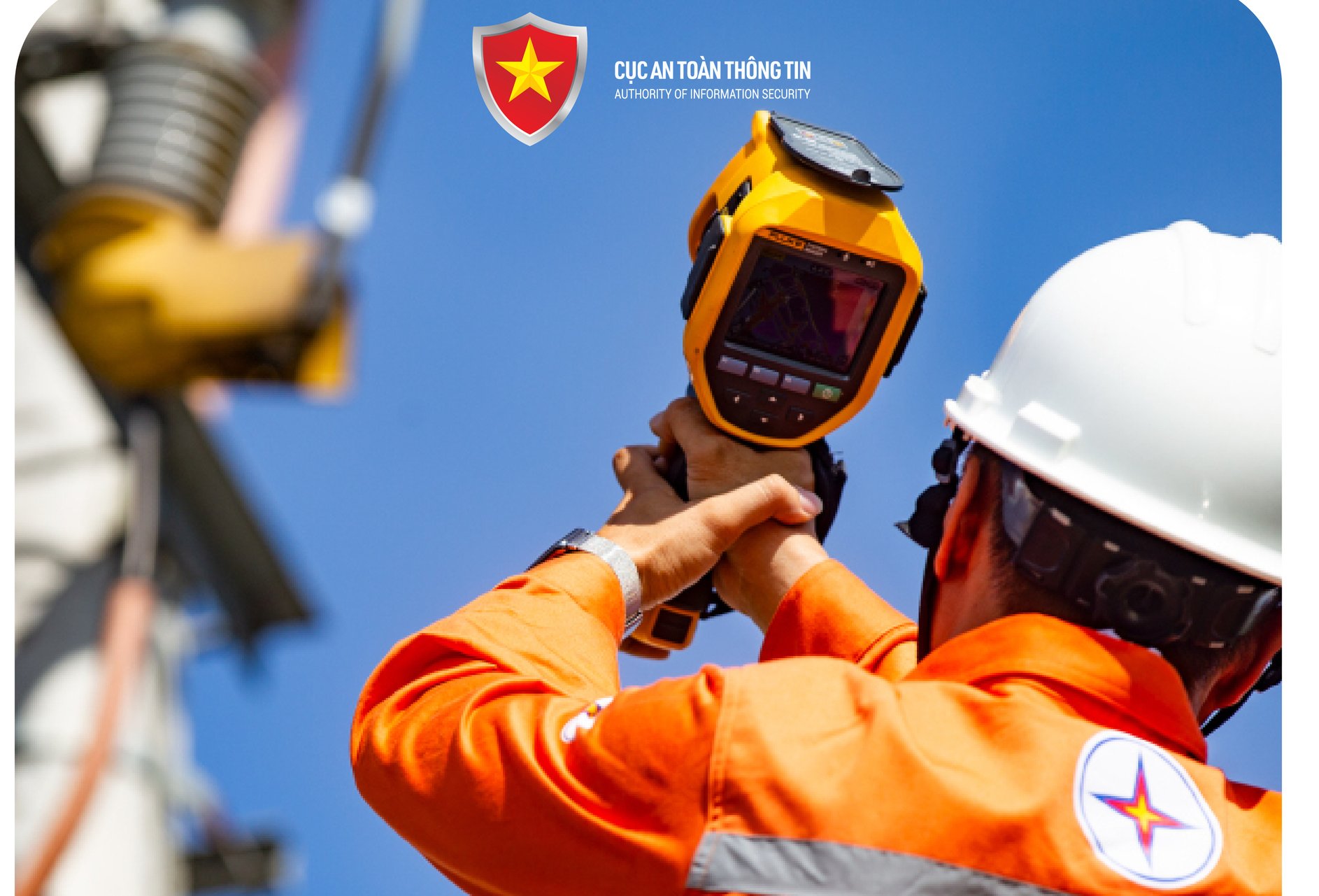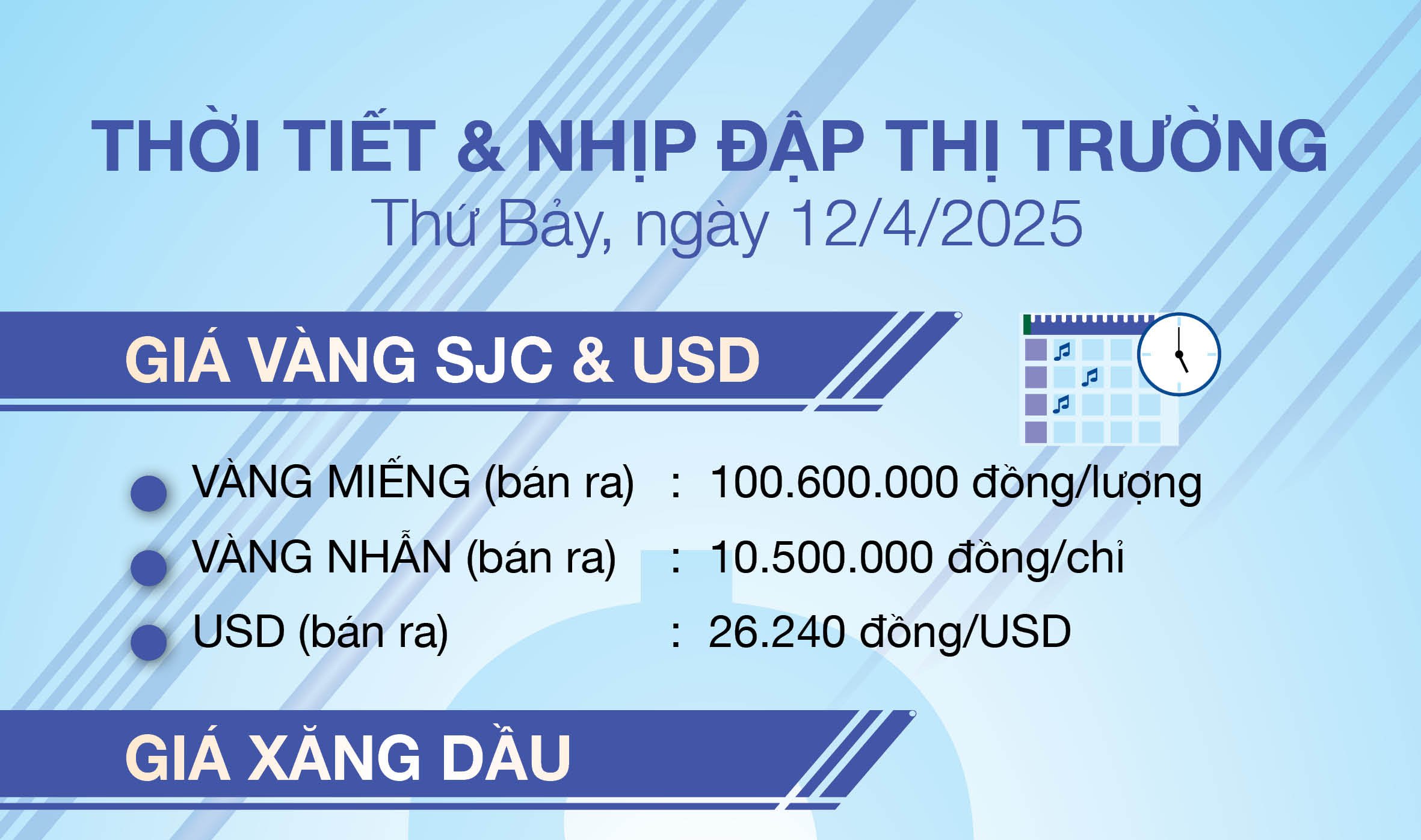(CLO) The Department of Information Security, Ministry of Information and Communications warns that the "easy job, high salary" scam is no longer a new trick, but the sophisticated tricks of the subjects are always successful in manipulating people's psychology, causing them to fall into the trap.
Beware of promises of high income
Recently, the Criminal Police of Quang Ninh province has received a report from a man in Cam Pha city about being scammed out of 1.7 billion VND. Accordingly, in early January 2025, he received an invitation to work as an online collaborator at home with the task of increasing interaction for an e-commerce platform. Commissions will be paid daily. Seeing that the job was simple and had income, he continuously transferred money to the provided account number to perform the "purchasing task". However, when he transferred 1.7 billion VND, he could not withdraw the principal and commission.

Near Tet, criminals are bustling with scams of "easy work, high salary"
With the above tricks, scammers often set up Fanpages on the Facebook platform with the content of providing support services to build booths or recruiting collaborators to work online on e-commerce platforms. When people ask, the scammers will use fake Facebook accounts to make friends, get acquainted, and invite them to open booths on e-commerce platforms, instructing them to do purchasing tasks to appropriate property.
Authorities confirmed that e-commerce platforms such as Shopee and Lazada currently do not have programs to recruit collaborators or perform tasks to increase interaction for the platform. Invitations with similar content are all scams.
In the face of the above situation, the Department of Information Security (Ministry of Information and Communications) recommends that people should be vigilant against promises of high income and easy jobs without qualifications. Verify information from official sources, do not trust unclear announcements or information channels. Do not provide personal information, bank account information or passwords to anyone. Set up two-factor authentication for online accounts and update passwords regularly. In case of suspicion of being scammed, people should immediately report to the authorities or consumer protection organizations for timely support, resolution and prevention.
Warning about impersonating electricity bill collectors to defraud and appropriate property
Recently, a series of bad guys have appeared impersonating electricity employees to scam people. These guys often use the method of calling or texting via Zalo, SMS to ask people to pay their electricity bills immediately, and at the same time threaten to cut off the electricity if they do not pay.

Fraudsters often pretend to be electricity employees and call customers to scam them.
In this form of fraud, the scammer often pretends to be an electricity employee and calls the customer, informing them that there is a problem with the electricity bill such as: overdue, large debt, or technical error in the system. The scammers can spoof the phone number of the electricity company employee, using caller ID spoofing technology to make their phone number appear as the official phone number of the electricity company. This increases the credibility of the call and makes the victim more trusting. Next, they demand immediate payment through unofficial channels such as Zalo or bank transfer. To add pressure, they can threaten to cut off the electricity immediately if payment is not made quickly, causing people to panic and easily comply with the request.
In addition to the direct phone call trick, the scammer also sends SMS or Zalo messages with fake content from the electricity company, asking people to pay their electricity bill, and at the same time providing information such as bank account numbers or fake links for people to access and make payments. After sending messages or calling, the scammer can send a link to a fake payment website or fake application of the electricity company) for customers to access. When people enter their bank account information, OTP code, or personal information, the scammer will steal their money and information. To increase credibility, the scammer also investigates the name, address, electricity bill, etc. of customers stolen from other sources. More sophisticatedly, they also send a sophisticatedly designed QR payment code with the logo of EVN Electricity Corporation, making the victim, without any suspicion, scan the code with the amount of money entered by the subject.
To avoid the above sophisticated scams, the Department of Information Security (Ministry of Information and Communications) recommends that people be absolutely vigilant against calls and messages from unknown subjects. Do not provide personal information via phone, Zalo, or SMS. If you receive a payment request, check the information through the official channels of the electricity company such as the website, customer support center. Absolutely do not download applications of unknown origin from websites sent by strangers. Make sure to pay through methods recognized by the electricity company such as through banking applications, e-wallets, or pay directly at official collection points. If you feel suspicious about a call or message, contact the electricity company immediately to confirm the information. In case you become a victim of a scam, people need to immediately report to the police for timely support and resolution.
Cloud River
Source: https://www.congluan.vn/can-tet-at-ty-lai-ram-ro-lua-dao-viec-nhe-luong-cao-post330246.html


![[Photo] Overcoming all difficulties, speeding up construction progress of Hoa Binh Hydropower Plant Expansion Project](https://vstatic.vietnam.vn/vietnam/resource/IMAGE/2025/4/12/bff04b551e98484c84d74c8faa3526e0)






























































































Comment (0)